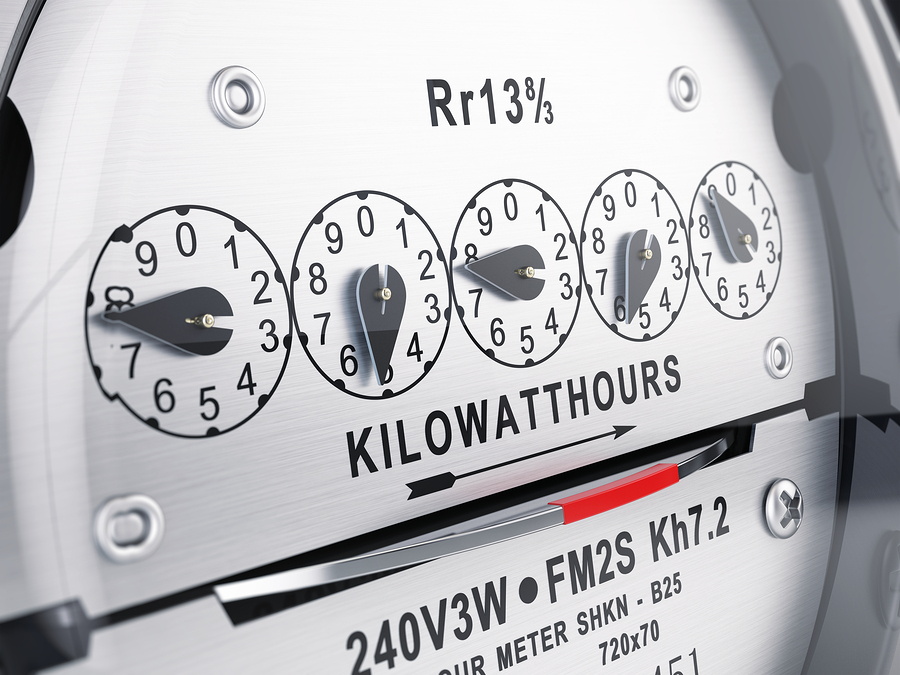Net Metering & Solar Credits: Unlock Savings on Your Energy Bills

Net Metering & Solar Credits: Unlock Savings on Your Energy Bills
Are you considering installing a solar system for your home or business? Understanding net metering and solar credits can help you maximize your savings and make an informed decision. In this blog, we'll explain what net metering and solar credits are, how they work, and how they can lower your power bill.
What is Net Metering and How Does It Work?
Net metering is a billing arrangement for solar system owners that allows them to receive credits on their energy bills for any excess solar energy they generate and send back to the grid. This process works as follows:
- Your solar panels generate more energy than you need.
- The excess energy is sent back to the grid.
- You receive credits on your energy bill for the excess energy.
- When your solar panels aren't generating enough energy, you can use your credits to offset the cost of the energy you draw from the grid.
In some cases, net metering can significantly reduce or even eliminate your energy bills.
What are Solar Credits and How Can They Help?
Solar credits, while similar to net metering, are a financial incentive offered by some states to encourage the installation of solar systems. These credits can be applied to your state income taxes, significantly reducing the overall cost of your solar system. Here's how solar credits benefit you:
- You install a solar system for your home or business.
- You receive solar credits from your state.
- The credits are applied to your state income taxes, reducing the upfront cost of your solar system.
- The reduced cost makes your solar system more affordable and provides greater long-term savings.
Can Net Metering and Solar Credits Lower Your Power Bill?
Yes, both net metering and solar credits can lower your power bill if you have a solar system. Net metering allows you to receive credits on your energy bills for excess solar energy that you generate and send back to the grid, offsetting the cost of energy you use when your solar panels aren't generating enough energy.
Solar credits, on the other hand, can help reduce the overall cost of your solar system by providing a financial incentive. These credits can significantly reduce the upfront cost of your solar system, making it more affordable and providing greater long-term savings.
Conclusion
Net metering and solar credits are crucial concepts for anyone considering a solar system. By understanding how these incentives work and how they can help lower your energy bills, you can make a more informed decision about whether a solar system is right for you. Start saving on your energy bills today by exploring net metering and solar credit opportunities in your area.


